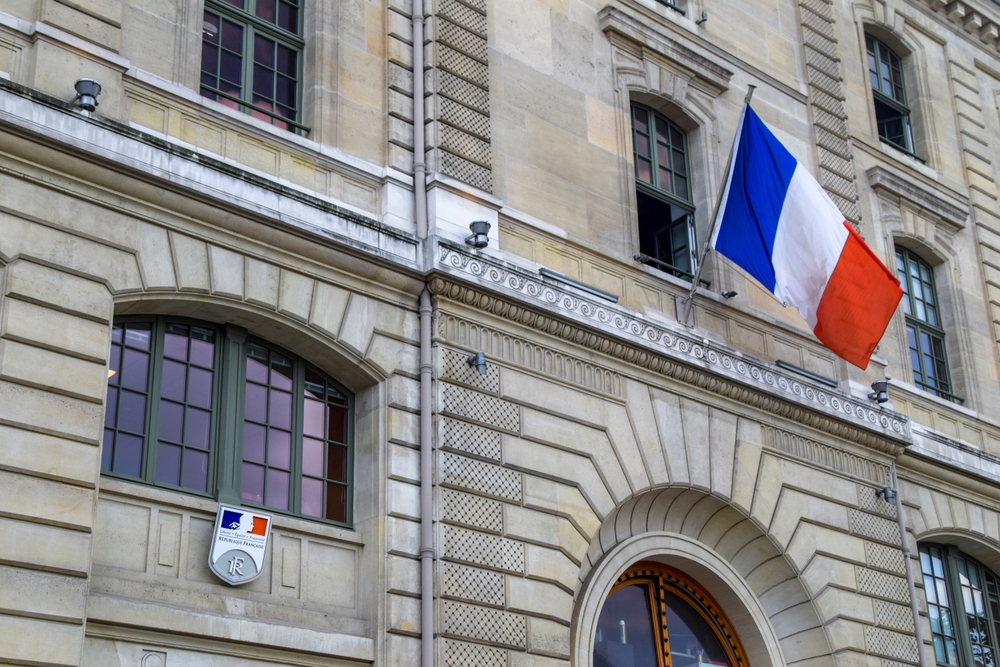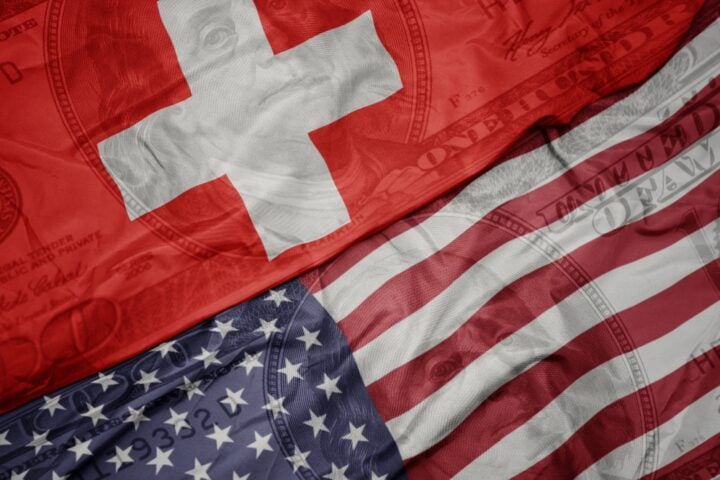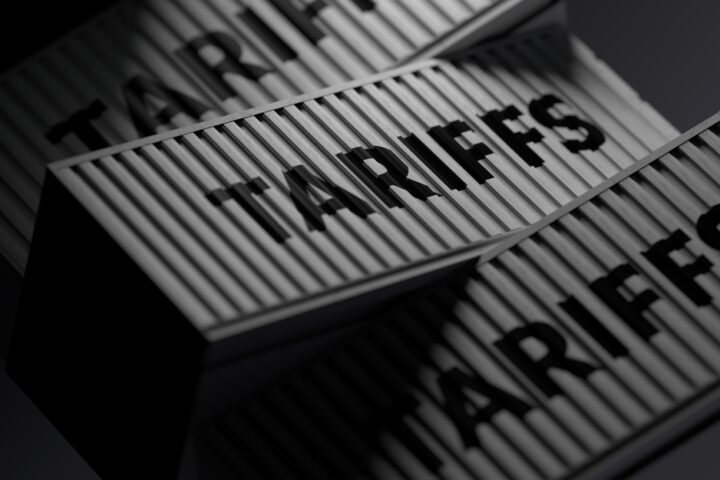The French government has collapsed after a decisive no-confidence vote on Wednesday, plunging the eurozone’s second-largest economy into political uncertainty. With 331 lawmakers backing the motion, far surpassing the required 288 votes, Prime Minister Michel Barnier’s administration was forced to resign just three months after taking office.
How the No-Confidence Vote Unfolded
The motion against Barnier’s government stemmed from his controversial use of constitutional powers to pass a social security budget bill without parliamentary approval. This sparked outrage across the political spectrum, leading both the left-wing New Popular Front (NFP) alliance and the far-right National Rally (RN) to unite against him in an “unholy alliance” of political foes.
Despite Barnier’s calls for unity and his insistence that he was “not afraid” of being voted out, the National Assembly overwhelmingly rejected his administration. Barnier’s tenure, the shortest of any prime minister in France’s Fifth Republic, has now come to an abrupt end.
The Roots of Political Turmoil
Barnier’s downfall reflects the deep divisions in French politics. His government faced intense scrutiny over its 2025 budget proposal, which included €60 billion in spending cuts and tax hikes to address a 2024 deficit projected at 6.1%. Efforts to negotiate with opposition parties failed, leaving the minority government vulnerable.
The prime minister’s appointment in September was controversial from the outset. Coming after snap elections that saw significant gains for both the NFP and RN, Barnier’s conservative credentials with Les Républicains alienated both ideological camps. This lack of support ultimately led to his administration’s collapse.
What Happens Next?
Barnier is expected to tender his resignation to President Emmanuel Macron, who may ask him to serve as a caretaker prime minister while searching for a replacement. However, Macron faces pressure to act quickly, as a caretaker government cannot pass critical legislation like the 2025 budget.
Analysts warn that Macron’s next appointee will face significant challenges. Parliament retains the power to censure any new prime minister, and failure to pass a stopgap budget could result in a government shutdown as early as January 1.
Macron’s Role Under Scrutiny
The crisis has placed Macron at the center of the political fray. His decision to call snap elections earlier this year is now widely criticized as a misstep, with opposition parties calling for his resignation. While Macron is unlikely to step down, his leadership and decision-making are under intense scrutiny.
Macron’s next move will be pivotal not only for his presidency but also for the stability of France’s government. With elections for a new parliament not possible until mid-2024, Macron must navigate an increasingly hostile political environment to maintain control.
Implications for France’s Future
France’s political crisis underscores the volatility of its current system. The breakdown of consensus politics has left the country in a precarious position, with major decisions on fiscal policy and governance hanging in the balance.
As Macron works to stabilize his government, the divisions exposed by this no-confidence vote could shape the trajectory of French politics for years to come. The next prime minister, whoever they may be, will face a fractured parliament and immense pressure to deliver results in an increasingly polarized environment.







